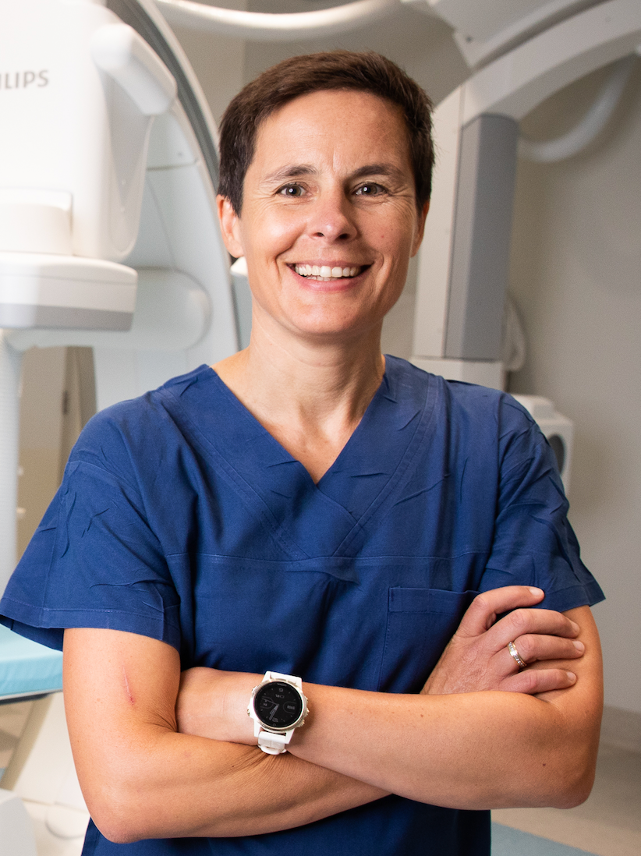Immune signatures for detection of coronary artery disease and personalised heart attack prevention
Project Lead
Professor Gemma Figtree, University of Sydney
Project Team
Dr Helen McGuire, University of Sydney; Dr Katharine Kott, University of Sydney; Dr Jean Yang, University of Sydney; Dr Ellis Patrick, University of Sydney; Prof Stuart Grieve, University of Sydney; Prof Barbara Fazekas, University of Sydney
Industry Partner
Kardiomics
Project Summary
Problem
In Australia, a heart attack occurs every nine minutes, leading to sudden cardiac death and significant disability among survivors. Although coronary artery disease (CAD) can be stabilised or reversed with intensive treatment, a major challenge remains in identifying the right individuals who need such interventions at the right time. Traditional risk factors and prediction algorithms fail to fully address this need, as a significant number of heart attack patients develop their condition without evident risk factors, and many suffer recurrent heart attacks despite optimal medical management.
Solution
Our team has discovered and developed an immune biosignature capable of detecting subclinical CAD. This blood-based biosignature offers a groundbreaking approach to identifying early stages of CAD, enabling more precise and effective prevention strategies. By integrating this biosignature into routine primary care, particularly during annual "Heart Health Checks," we aim to improve early detection and intervention for CAD. With an estimated 5 million tests per annum in Australia, this initiative promises to enhance the precision of CAD management significantly.
Impact
Implementing the CAD biosignature in primary care will revolutionise heart attack prevention in Australia. By allowing for earlier and more accurate detection of CAD, this innovation will enable timely and targeted treatment, potentially reducing the incidence of heart attacks and improving patient outcomes. Supported by partners such as CAD Frontiers and Kardiomics, our initiative is set to make significant breakthroughs in heart attack prevention, ultimately reducing the burden of this condition on individuals and the healthcare system.




